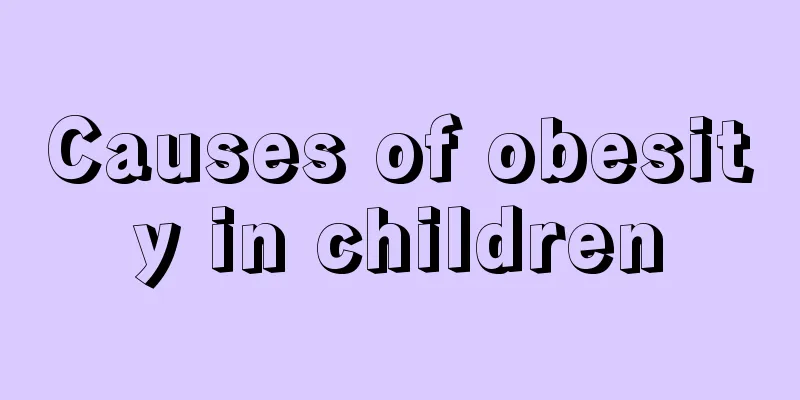Neonatal pulse standard

|
Many parents pay special attention to the pulse of their newborns, because only a normal pulse can ensure the health of the child, so many parents want to fully understand the standard of the newborn's pulse? The following content gives many parents a detailed introduction. There are many parents who want to have a comprehensive understanding of the following content. Pulse standard: A normal person's pulse and heartbeat are consistent. The normal adult heart rate is 60 to 100 times per minute, usually 70-80 times per minute, and the average is about 72 times per minute. The rate is slower in the elderly, at 55 to 60 beats per minute. The pulse frequency is affected by age and gender. Generally, the younger the age, the faster the heart rate. 140 beats per minute in newborns; 1-12 months: 140-120 times per minute; 1-2 years old: 120-110 beats per minute; 3-4 years old: 10-100 times per minute; 5-6 years old: 100-90 times per minute; 7-10 years old: 90-80 beats per minute; 80-70 beats per minute for those over 14 years old; Special circumstances of neonatal pulse 1. Generally speaking, the speed of the pulse is related to age and gender. The younger you are, the faster your pulse is, and physical activity will also speed up your pulse. 2. Generally, for every 1°C increase in body temperature, the pulse rate will increase by 10-15 beats per minute. Therefore, in the absence of a thermometer, you can roughly determine how much the body temperature has risen by counting your pulse. 3. The number of pulse beats is affected by age and gender. Generally speaking, children's pulse is faster than adults, and women's pulse is faster than men. 4. When children are feeding, having a fever, being active, crying or being nervous, their pulse rate will increase slightly due to increased metabolism. When children are resting or sleeping, their pulse rate will slow down by 10-20 beats. 5. The above normal pulse values are not absolute. Two children of similar age may have different physical fitness due to their different daily activities. The number of pulse beats may be different or even quite different, but they are both healthy. 6. When children are sleeping, their pulse will be slightly irregular due to the influence of breathing, which is a normal physiological phenomenon. The above content has made a detailed introduction to the standard of the newborn's pulse. For many parents, in order to ensure the health of their children, they must have a specific understanding of these knowledge. Therefore, if many parents want to have a comprehensive understanding, they can have a comprehensive understanding of the above content. I believe that through understanding, they will be able to have a comprehensive grasp of this knowledge as soon as possible. |
<<: The reason why the baby still drools at the age of two
>>: What are the causes of baby's gurgling stomach and frequent farting?
Recommend
What are the recipes for a 10-month-old baby?
When babies are young, they need to be breastfed ...
Can a 3 month old baby sit?
Everyone grows up little by little from childhood...
What are the symptoms of Qi and blood deficiency in children?
Children generally have abundant qi and blood, bu...
What happens if the baby's lymphocyte count is high?
The baby's health is very vulnerable because ...
What is the iron supplement diet for children?
Iron supplementation for children is very helpful...
How to care for your baby after teething
Teeth serve as a tool for us to chew food. They w...
Is it okay for children to lose their teeth late?
Teeth are very important to each of us. Once teet...
What to do if mycoplasma infection occurs in infants
Some babies have problems with their bodies, so t...
What does normal baby poop look like?
Babies do not have good expressive abilities, and...
There are so many dietary dishes for children to supplement zinc, calcium and iron
It is very necessary for children to supplement c...
Why does my five-month-old baby keep shaking his head when sleeping?
Every child’s situation is different, and parents...
What's wrong with the baby's laxatives?
We usually pay special attention to the baby'...
What happens if my child has a lump on his chest?
Parents are very concerned about the development ...
What are the causes of sleepwalking in children?
I believe everyone has seen sleepwalking, which i...
Is it normal for a 13-year-old to have itchy nipples after taking a shower?
A 13-year-old girl is at the beginning of puberty...









